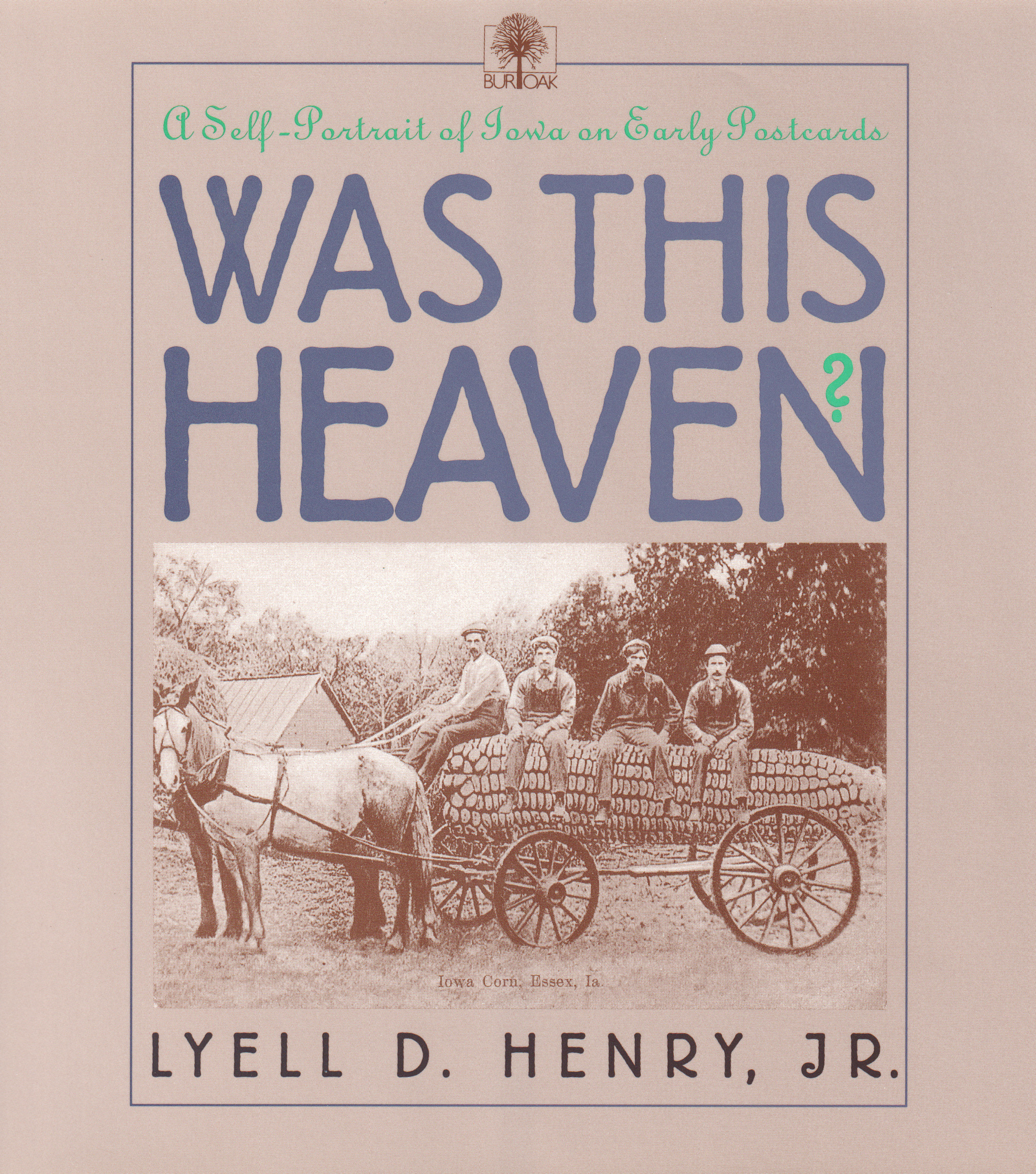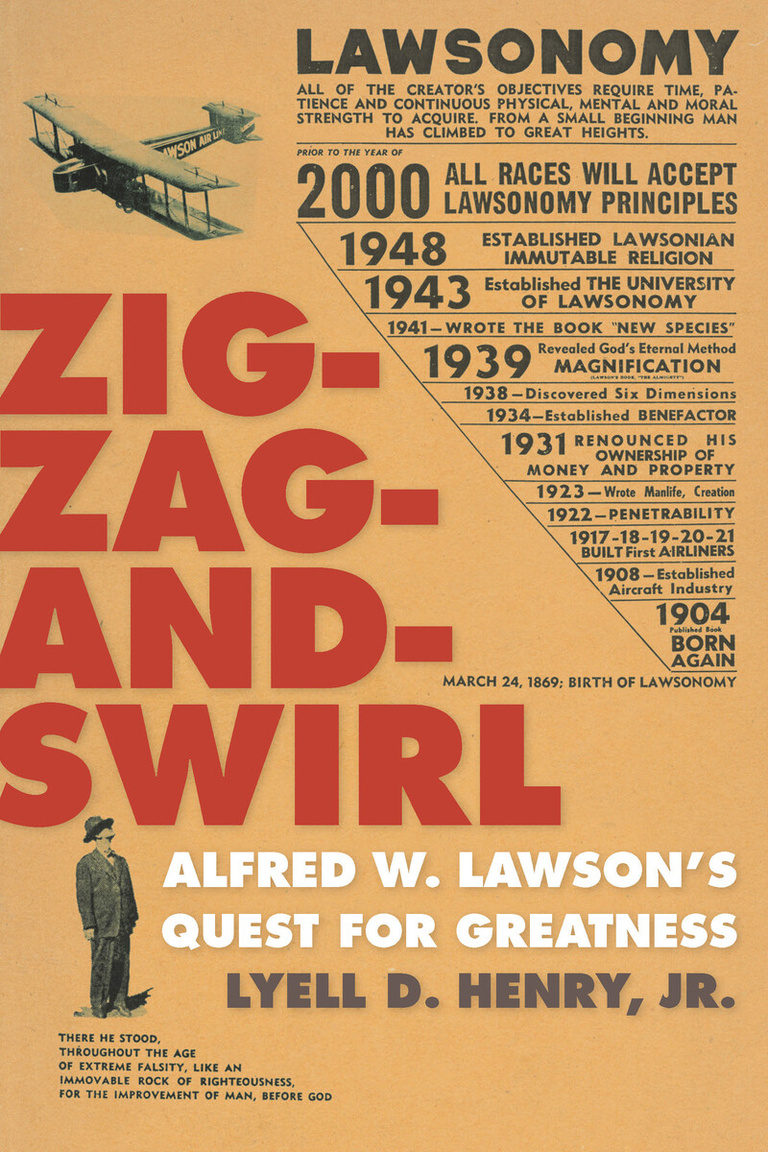In the early decades of the twentieth century, Iowans all across the Hawkeye State succumbed to the nationwide craze for exchanging photographic postcards, mailing each other thousands of images—serious and whimsical—of Uncle Bob and Baby Dora, the Sunday school outing, train wrecks, the Fourth of July celebration, the merchants' carnival, the record-setting blizzard following the bin-busting harvest, the new courthouse, Ackley's Sauer-Kraut Band. Now, thanks to the generosity of David A. Wilson, whose ample collection of photographic cards would be the envy of those early Iowans, Lyell Henry has organized more than two hundred postcards into eight reflective chapters that create a beguiling collective portrait of Iowa life and culture from 1905 to 1919.
“Tall corn and tall tales; deep snow and strong winds; big hogs, big dreams, and big talk; small towns, farmsteads, cities on the make—Was This Heaven? bears all the earmarks of the classic Hawkeye State. But it reaches far beyond the borders of Iowa as well. The postcards and Lyell Henry's excellent commentary make for a trip to a neverland of memory all Americans can yearn for. Hawkeyes, or not, Wish we all could be there!”—Wayne Franklin, Davis Distinguished Professor of American Literature, Northeastern University
“There are pictures of the ear of corn big enough to cover a wagon bed and for perhaps eight people to sit on, of the wasteful hunter with his kill piled around his feet, of automobile accidents, of fire-gutted buildings, or smiling young ladies and men—of, in fact, all aspects of Iowa—that is American rural life. All are informative and amusing. Other editors might have chosen different postcards, but Henry has made a selection which represents his keen sense of humor and the absurd in life. For this selection we are grateful.”—Journal of Popular Culture
“A reevaluation of daily life as it was lived along Main Street is long overdue, a study firmly grounded in fresh material and pictorial evidence. Was This Heaven? provides terrific raw material for that project in the form of Christmas trees and too-big pigs, sewer pipe and parades, new cars, new babies—and hats, of course.”—Annals of Iowa


